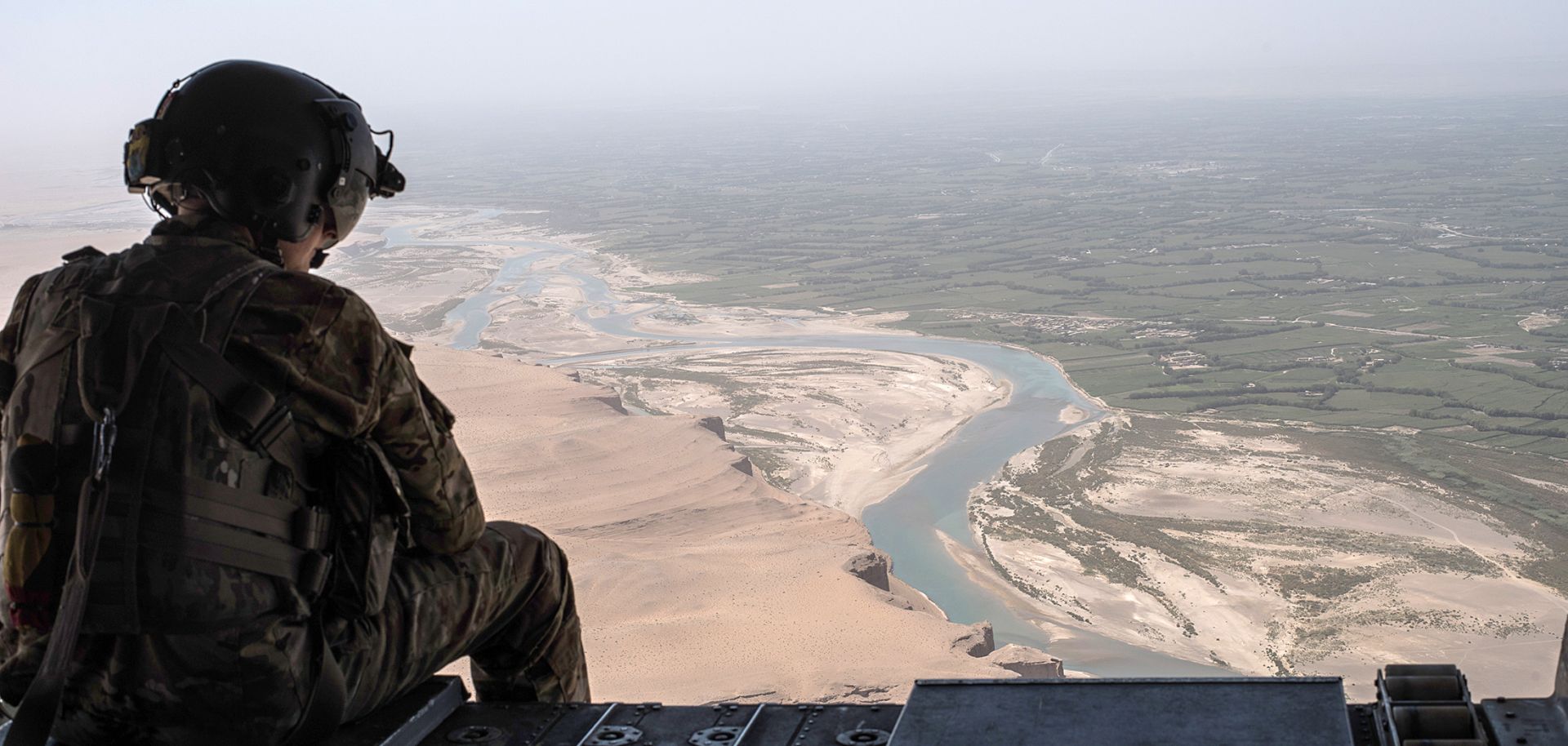On Sept. 7, U.S. President Donald Trump called off a nearly yearlong U.S. effort to negotiate a peace deal with the Taliban in Afghanistan -- citing a recent attack that killed a U.S. soldier (among other victims) as proof of the insurgency's insincerity in peace efforts. The announcement has since halted U.S. efforts to continue its drawdown from its nearly 18-yearlong involvement in Afghanistan. The White House, however, has not deviated from its goal of forging a political settlement to end the conflict, which suggests talks will resume at some point. But even if the United States extracts a partial cease-fire and counterterrorism guarantees from the Taliban in exchange for a troop withdrawal under a peace deal, the wider Afghan conflict will continue apace until the Taliban and Kabul agree to a nationwide cease-fire....

